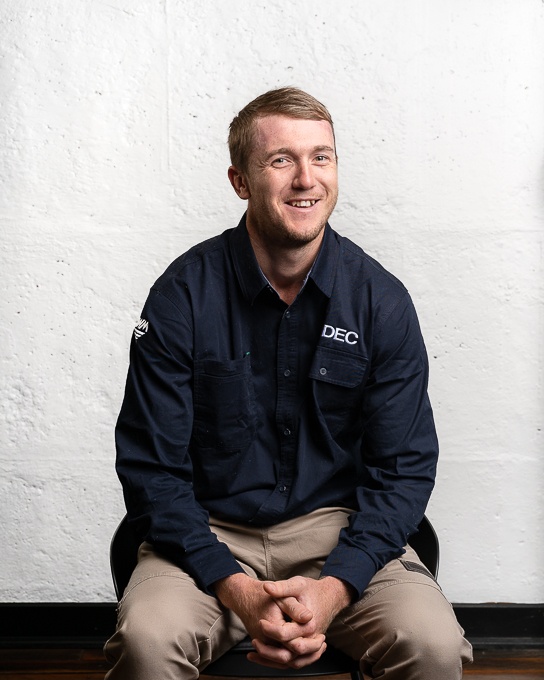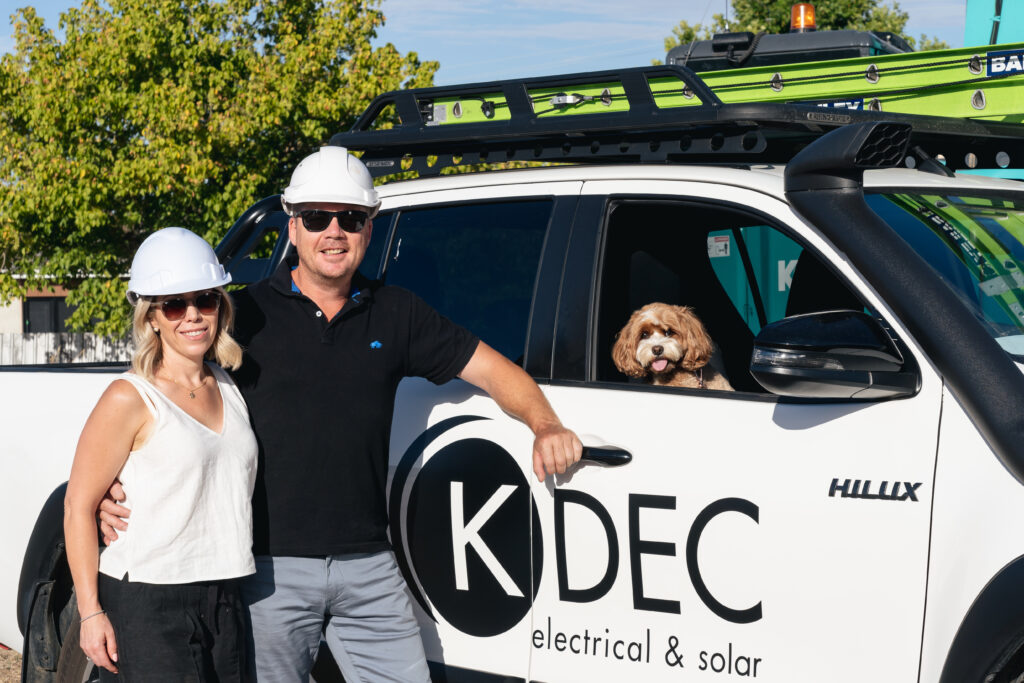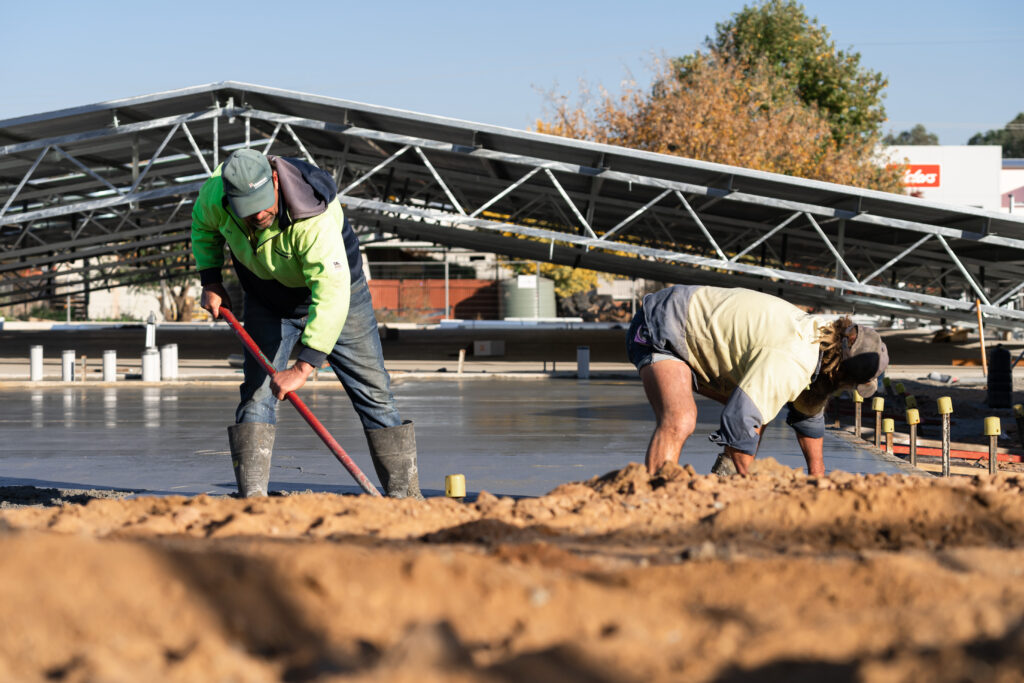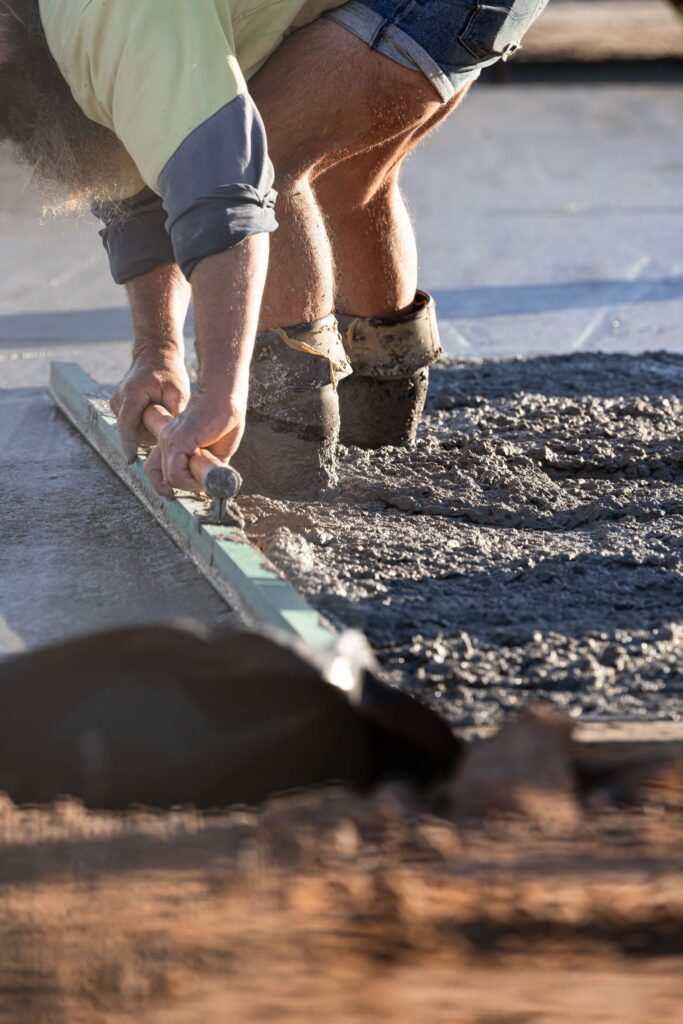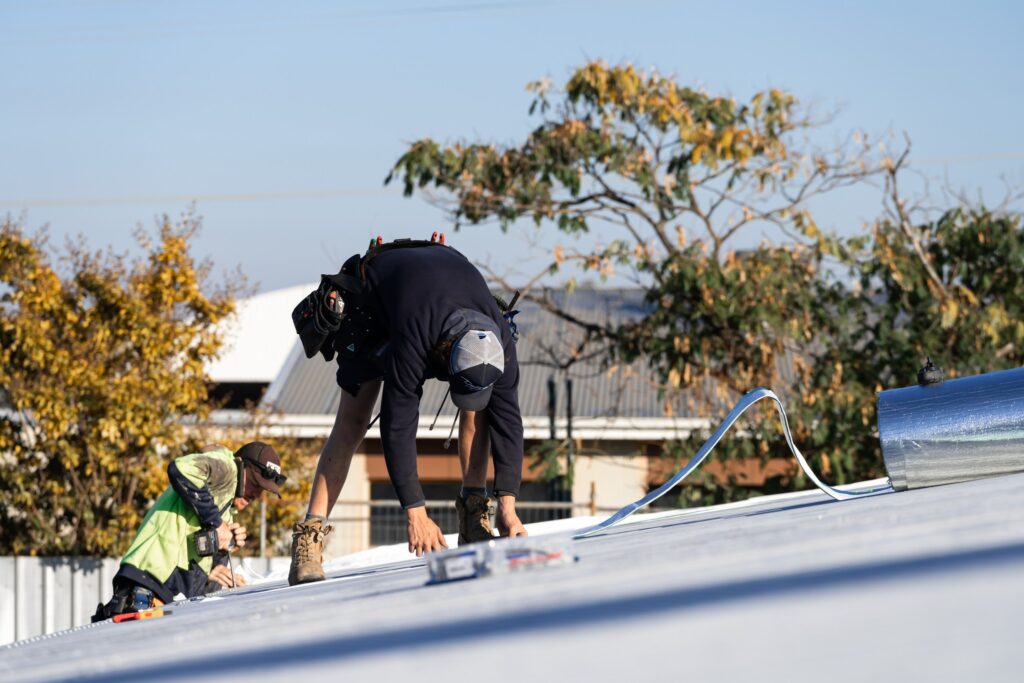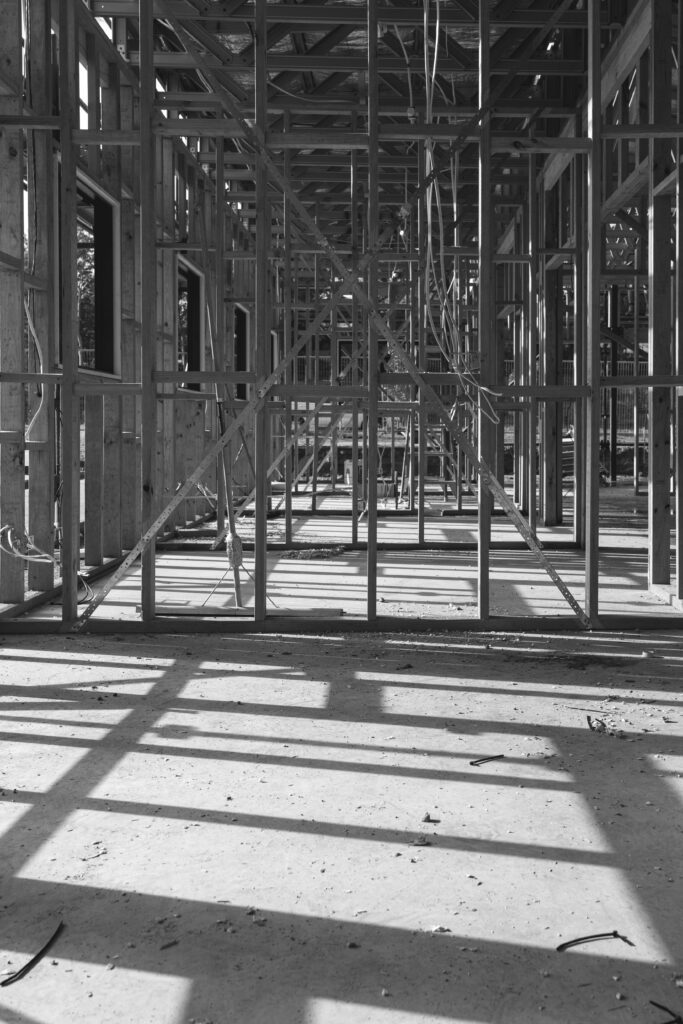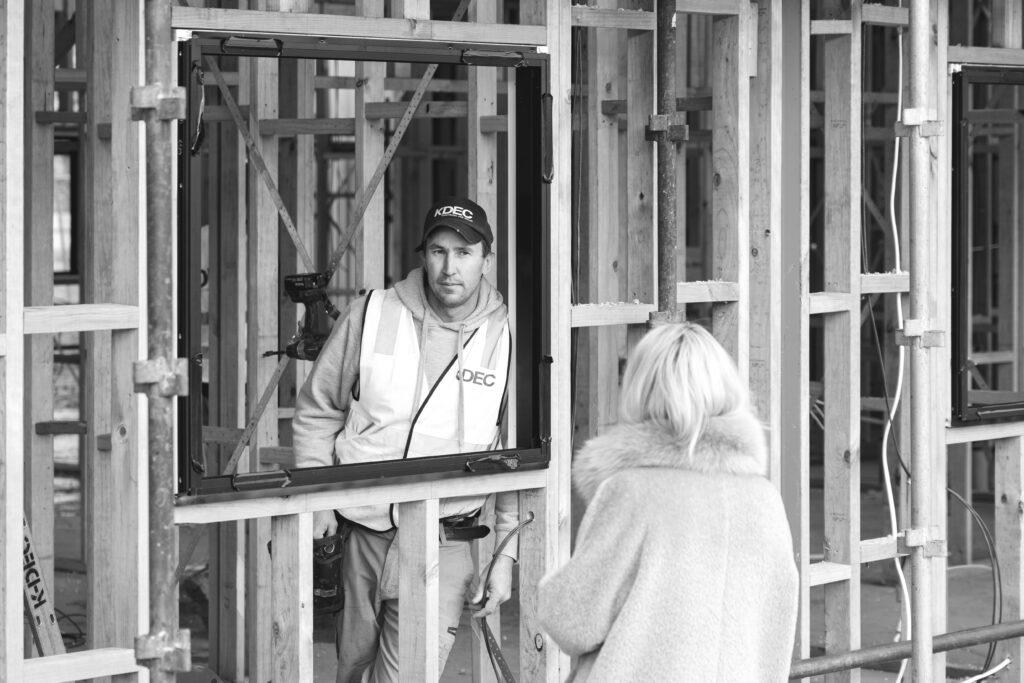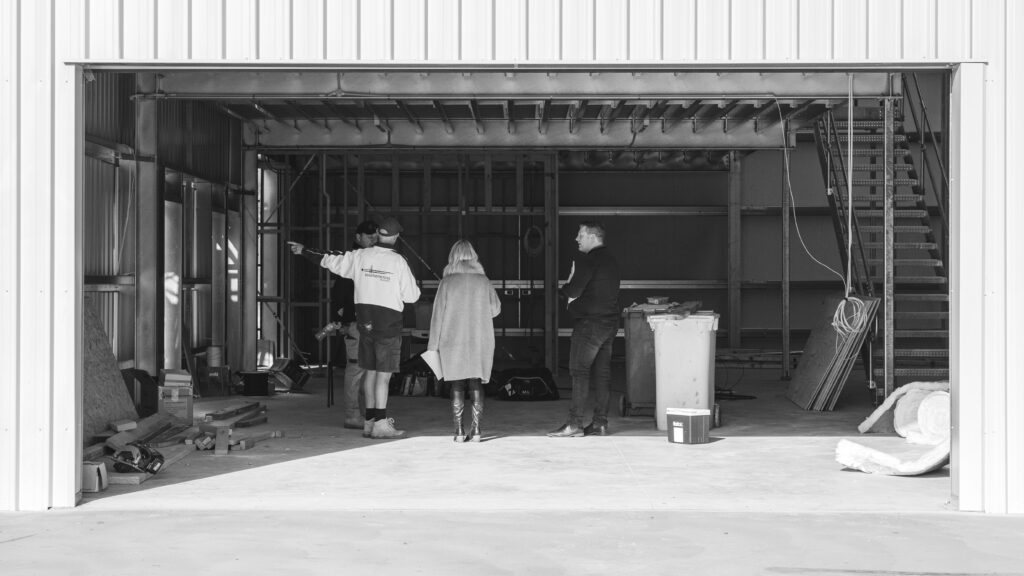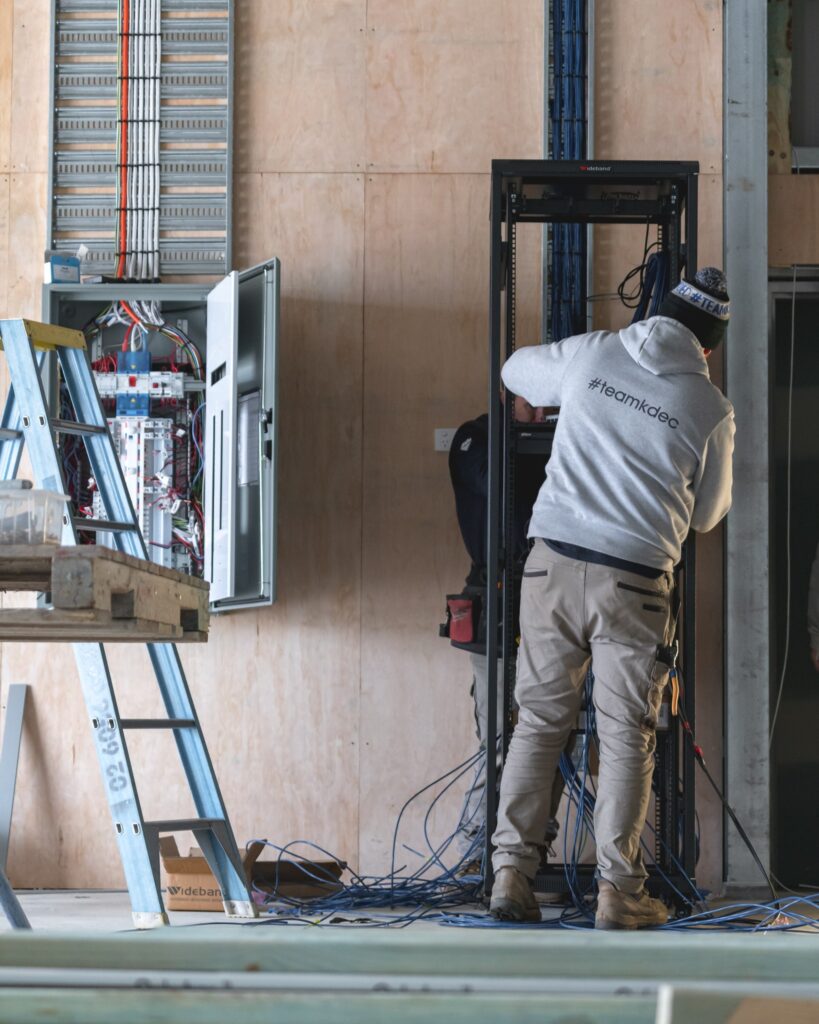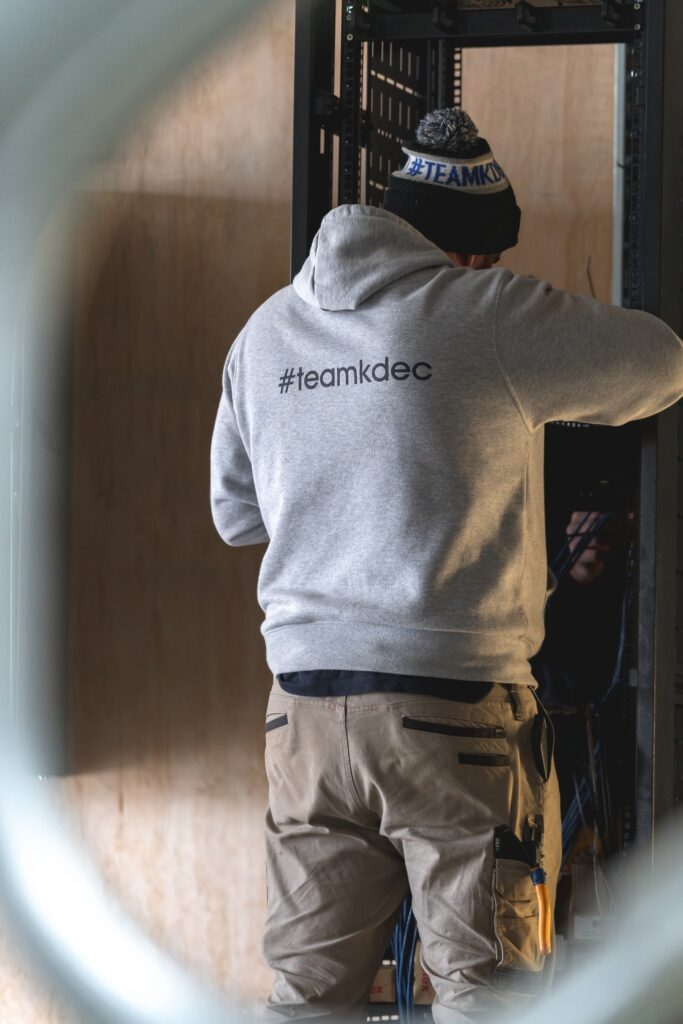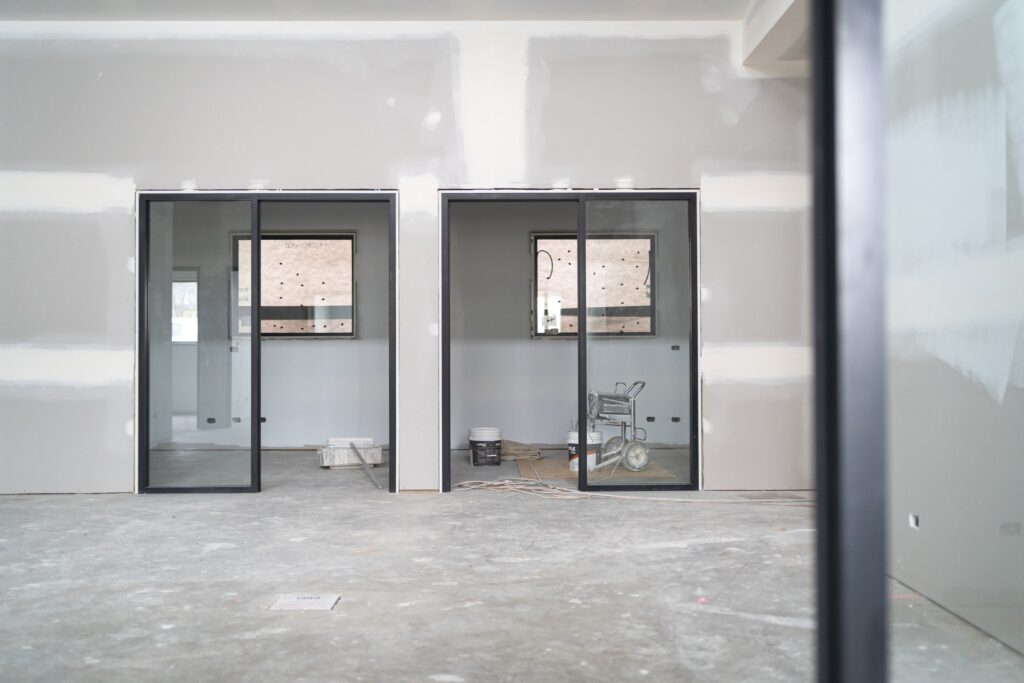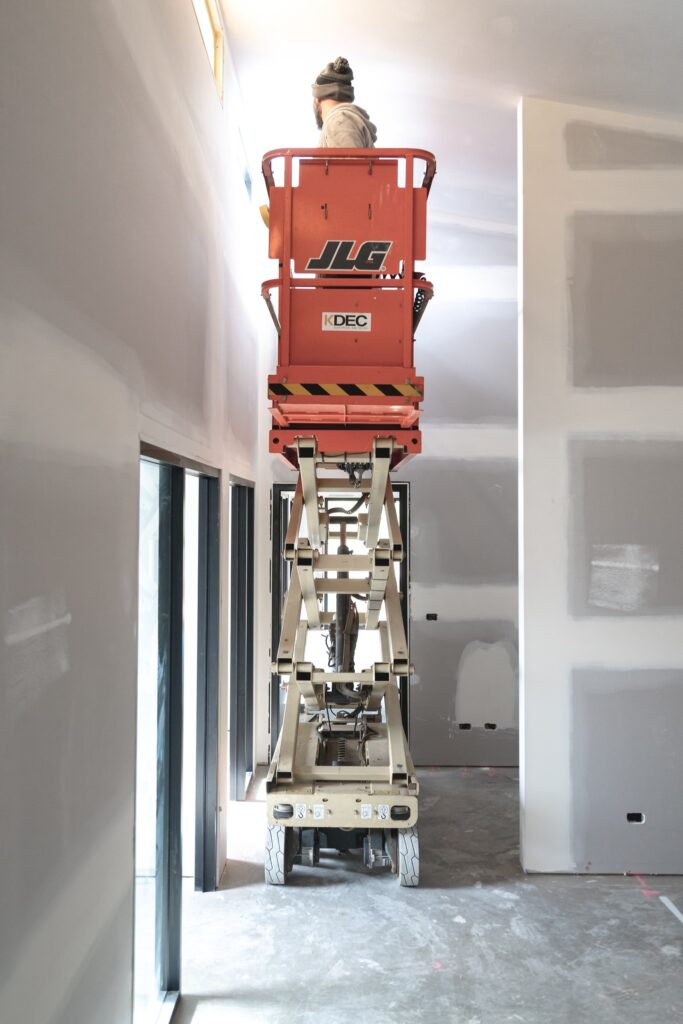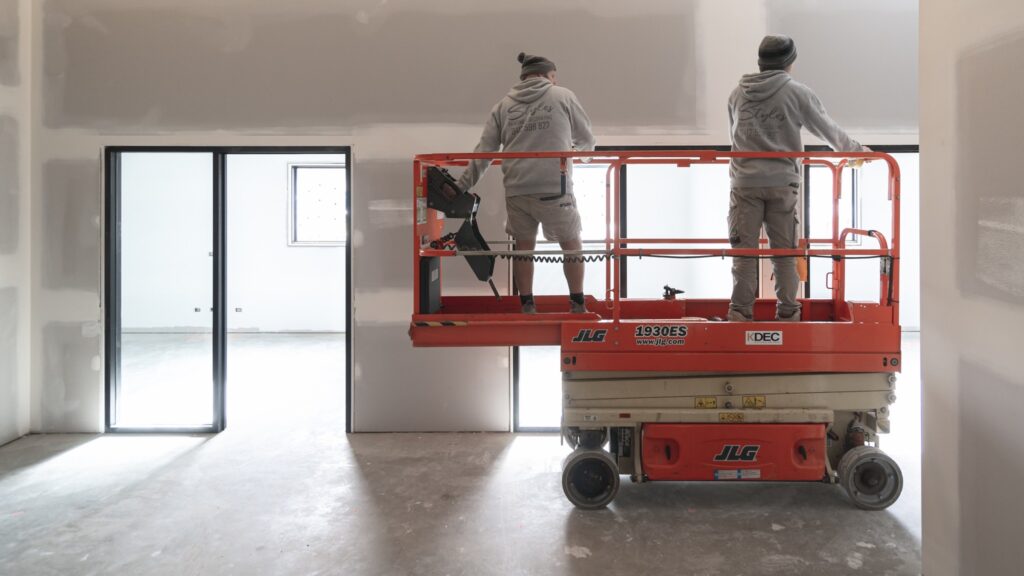30 January 2024
AC vs DC Coupled Batteries
If you’re considering the next step for your homes energy journey, the right battery system is crucial for optimizing your renewable energy setup. Two common types of battery configurations are DC Coupled and AC Coupled systems.
DC Coupled Batteries
What is DC Coupling?
DC Coupling refers to a battery storage system that is directly connected to the solar panels via the solar inverter on the direct current (DC) side of the system. In this configuration, the energy generated by the solar panels is converted to DC before being stored in the battery.
Advantages of DC Coupling:
- Efficiency: DC Coupled systems are generally more efficient in terms of energy conversion since there is no need for an additional conversion from DC to alternating current (AC).
- Simplicity: The setup is often simpler, as there are fewer components involved in the direct connection between solar panels and the battery.
- Cost-Effectiveness: The overall cost of a DC Coupled system is generally lower due to the reduced number of components and the simplicity of the design.
AC Coupled Batteries
What is AC Coupling?
AC Coupling involves a battery storage system connected on the alternating current (AC) side of the solar inverter. In this setup, the solar panels generate power and convert it to AC via the solar inverter which is then stored in the battery after a subsequent conversion from AC to DC.
Advantages of AC Coupling:
- Flexibility: AC Coupled systems offer more flexibility in terms of system expansion and compatibility with existing solar installations. Keep in mind that this expansion may be limited by grid operators’ requirements (i.e. AusNet’s 10kW inverter capacity limit)
- Independent Operation: AC Coupled batteries can operate independently of the solar panels, allowing for continued energy storage even when the sun is not shining.
- Compatibility: They are often more compatible with a wider range of solar inverters and can be retrofitted to existing solar power systems.
What do I need?
Generally speaking, you can’t go wrong with either option as they both have their benefits as listed above.
The main thing to take into account is if you have an existing inverter that is designed to take a specific DC coupled battery, having one app to control everything in the inverters “eco system” is seen as a better option whilst having a cheaper upfront cost at the same time as all the decisions are made by the inverter.
If your system is a little older or if the battery system is no longer available for your inverter, the AC coupled solutions are a fantastic solution as they can be retrofitted to any existing inverter as the battery is designed to operate independently and make it’s own decisions.
A great example of this type of battery is the Tesla Powerwall 2 which can even be installed without any solar on the house to maximise time of use or wholesale rates to reduce the operating costs of the house.
Beware the cheap battery!
One thing we consistently see at KDEC is the amount of “letter drops” for batteries to be installed on your house with prices much lower which seem too good to be true. As you have probably learnt along the way, if it’s too good to be true, it generally is!
Many online or out-of-town retailers will try to sell a battery that is of a much smaller capacity and offer no backup capabilities for the house in the event of a blackout in the home whilst convincing you that this battery will take your bills to zero. By the time you figure out the battery is essentially useless, it’s too late and the installer has disappeared.
Make sure you ask what capacity the battery has and what backup (if any) the battery has to offer. At KDEC, we only offer the most premium batteries that have been proven on the field and offer the most benefits to the home owner.
Because Tomorrow Matters
Whether you choose the simplicity and efficiency of DC Coupling or the flexibility and independence of AC Coupling, the common goal is to contribute to a cleaner and more sustainable energy landscape. Embracing renewable energy solutions today ensures a brighter and greener tomorrow for generations to come.
Drop in and see the KDEC team today to see what is the best fit for your system!
Related News
15 Mar 22
A Guide To Choosing A Solar Panel For Your Home
Although solar power technology has been around for quite some time now, its widespread use in homes and other residential properties has only started recently. This is most likely due to the growing number of people who are actively choosing to follow a more sustainable type of lifestyle.
29 Apr 22
Future-Proofing Your Home With The Fronius Gen24 Plus
The Fronius Gen24 Plus, which is a versatile hybrid inverter, is a leading system due to its commitment to sustainability and how it can help future-proof homes.
5 Mar 24
Electric hot water unit vs Heat Pump?
Electric storage hot water tanks have been around for decades and are as simple as they come. While it is true they are nowhere near as efficient as a decent heat pump, we are able to counter the inefficiencies with a larger PV system for a similar cost and enjoy the same recovery rate across the year, keeping everyone happy.
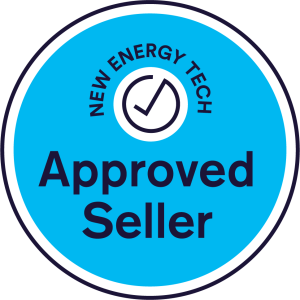




Licence Number: NSW 363462C | Vic 29085
© Copyright 2021 by KDEC Electrical. All rights reserved.
Website by Digital Marketer Bee.










